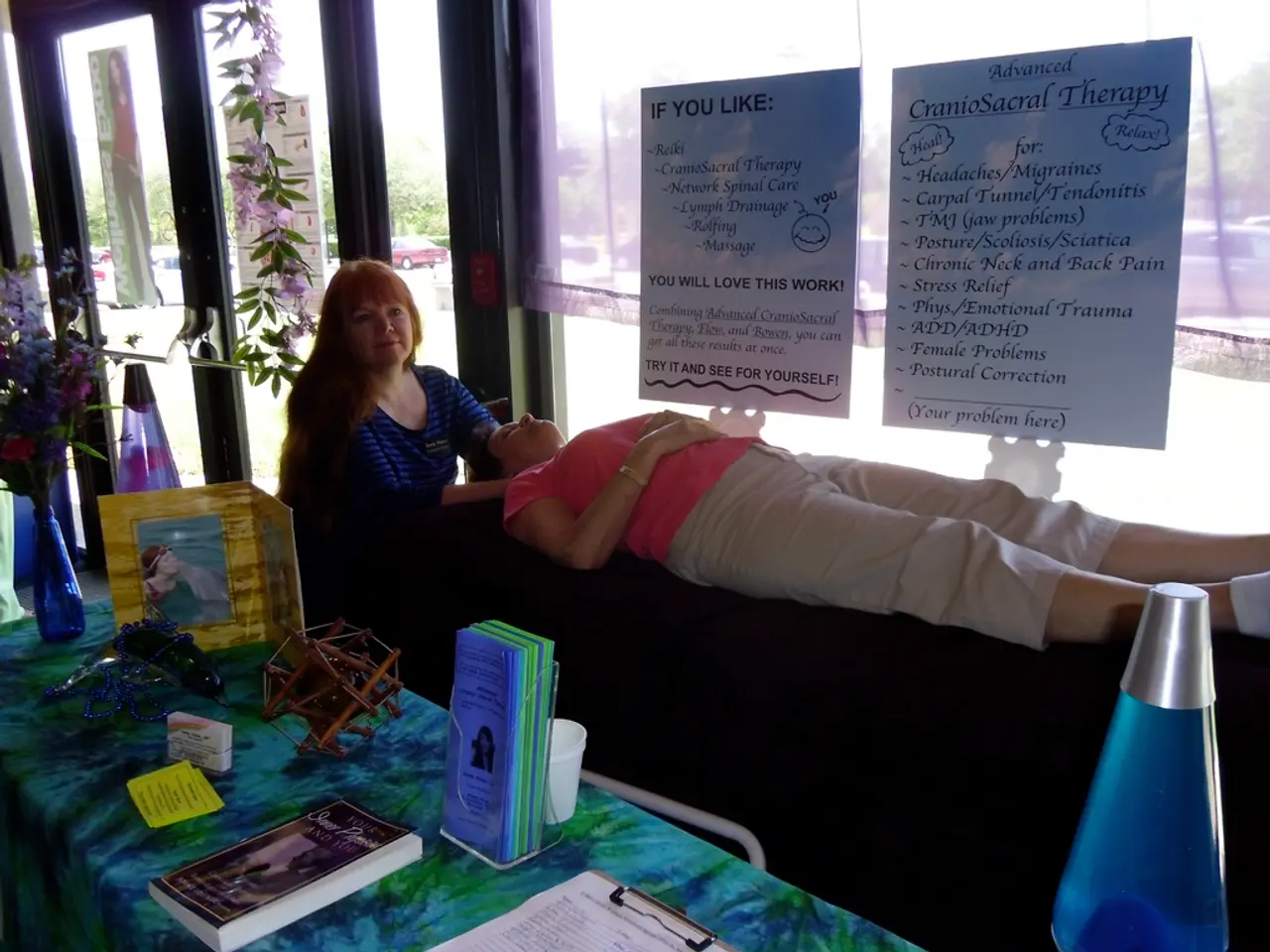Obsessive Health Eating and its Link to Depression: A Look at Orthorexia
Orthorexia Nervosa, a lesser-known eating disorder, is characterized by an excessive preoccupation with eating foods perceived as healthy or pure. While not yet officially recognized in all diagnostic manuals, its signs and symptoms are increasingly recognized by clinicians and researchers.
Individuals with Orthorexia Nervosa often exhibit fixations on the purity, cleanliness, or healthiness of food, prioritizing these attributes over taste, enjoyment, or nutritional balance. Strict rules about what is “allowed” or “forbidden” in the diet lead to rigid and inflexible eating habits, and breaking these rules can cause significant distress.
The connection between Orthorexia Nervosa and Depression is complex and multifaceted. Research suggests a bidirectional relationship between the two conditions, with each potentially influencing the other. Violation of self-imposed dietary rules often leads to severe emotional reactions, including anxiety and depression. The rigid eating patterns and avoidance of social meals can result in isolation, which is a known risk factor for depression.
The constant preoccupation with food and health can contribute to chronic stress and anxiety, which are closely linked to depressive symptoms. Individuals with Orthorexia Nervosa may also experience overlapping mood disorders, including depression.
Recognizing the signs and symptoms of Orthorexia Nervosa is crucial. These include obsessive focus on food quality and purity, rigid eating patterns and food rules, social isolation due to dietary restrictions, emotional distress when "clean" foods are unavailable, self-esteem tied to adherence to diet, and potential physical health issues.
Treatment for Orthorexia Nervosa and Depression often involves a combination of approaches. Cognitive-behavioral therapy (CBT) can help individuals identify and challenge distorted thoughts about food and health, developing more balanced eating habits. Nutritional counseling with a registered dietitian can help re-establish a healthy relationship with food, ensuring adequate nutrition while gradually expanding food choices.
Group therapy can provide support and reduce feelings of isolation, while holistic approaches, such as stress-reduction techniques, regular physical activity, and adequate sleep, can support overall mental and physical well-being. Early intervention can prevent the progression of both conditions and lead to better outcomes.
While Depression can lead to orthorexic behaviors as individuals attempt to regain control over their lives through strict dietary rules, it's essential to remember that the goal of healthy eating should be to enhance our lives, not to control or diminish them. A balanced approach to nutrition, coupled with mental health support, can help individuals overcome Orthorexia Nervosa and Depression, leading to improved quality of life.
- Mental health professionals are increasingly recognizing Orthorexia Nervosa, a disorder characterized by an excessive preoccupation with mental health and the perception of food as pure or healthy.
- Psychology research suggests a complex and multifaceted connection between Orthorexia Nervosa and Depression.
- The bidirectional relationship between the two conditions means each can potentially influence the other.
- Breaking self-imposed dietary rules in Orthorexia Nervosa often leads to anxiety and depression.
- Social isolation resulting from dietary restrictions is a known risk factor for depression.
- Chronic stress and anxiety, closely linked to depressive symptoms, can be exacerbated by the constant preoccupation with food and health in Orthorexia Nervosa.
- Individuals with Orthorexia Nervosa may experience overlapping mood disorders, including Depression.
- Recognizing the signs of Orthorexia Nervosa, such as an obsessive focus on food quality and purity, is crucial for early intervention and treatment.
- Cognitive-behavioral therapy (CBT) can help individuals challenged their distorted thoughts about food and health, promoting balanced eating habits.
- Nutritional counseling with a registered dietitian can re-establish a healthy relationship with food, ensuring adequate nutrition while expanding food choices gradually.
- Group therapy can offer support and reduce feelings of isolation for individuals dealing with Orthorexia Nervosa.
- Holistic approaches, such as stress-reduction techniques, regular exercise, and adequate sleep, support overall mental and physical well-being.
- Early intervention can prevent the progression of both Orthorexia Nervosa and Depression, leading to better outcomes.
- It's important to remember that healthy eating should aim to enhance our lives, rather than controlling or diminishing them.
- A balanced approach to nutrition, combined with mental health support, can help individuals overcome Orthorexia Nervosa and Depression, improving their quality of life.
- Mental health disorders, such as Depression and Orthorexia Nervosa, can impact one's career development, personal growth, education, and self-development.
- Women's Health and Men's Health should address the management of Orthorexia Nervosa and Depression, providing resources and support for both genders.
- Workplace-wellness programs, addressing issues like mental health, fitness, nutrition, and stress management, are vital in fostering a healthier and more productive work environment.




